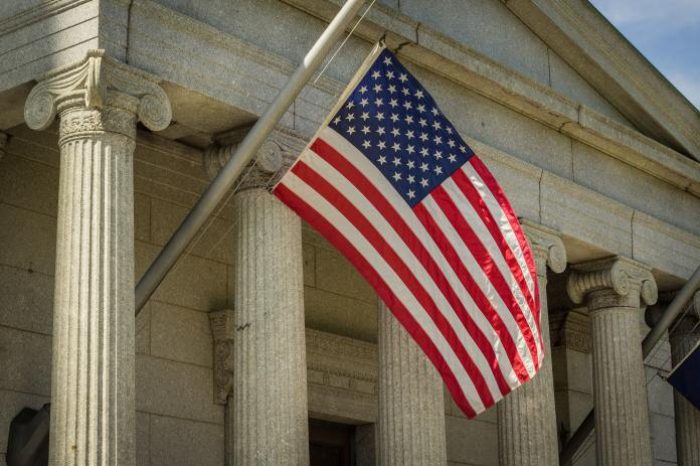What is Provisional Waiver? For more than 7 years, the U.S. Citizenship and Immigration Services has permitted certain foreign citizens who have entered the country without a visa status or inspection by an immigration official to apply for a provisional unlawful presence waiver, also known as a stateside waiver. Before, foreign nationals hoping to obtain permanent residency through a U.S. citizen relative would have to leave the U.S. and apply for re-entry at the U.S. embassy in his or her home country. Under these previous procedures, the process was fraught with uncertainty and would separate families for years. If your loved one is considering filing for a provisional waiver, it is in your best interest to consult all the information available about the waiver.
Who is Eligible for a Provisional Waiver?
To qualify for the waiver, an individual must meet all the following requirements:
- The applicant needs to be physically present in the U.S.
- The applicant needs to be at least 17 years old.
- The immediate relative of a U.S. citizen, such as a spouse, child over the age of 20, or parent
- Your immediate relative’s I-130 petition was approved
- Have a pending immigrant visa case with the Department of State and paid the immigrant visa application fee
You need to demonstrate that your U.S. citizen spouse or parent will suffer some extreme hardship, such as medical, emotional, or financial issues if your waiver is not granted. However, you will not be eligible for a waiver if you already have pending removal proceedings or have past issues with criminal activity, drugs, deportation, fraud, or other immigration law violations.
What are the Three- and Ten-Year Time Bars?
If the waiver didn’t exist, then the foreign citizens that have remained in the U.S. without legal status were at risk of being barred from reentering the country. As an example, to apply for an immigrant visa or green card, a foreign citizen would have to return to his or her home country and file an application at the overseas embassy. Nevertheless, depending on how many days the foreign citizen spent in the U.S. unlawfully, he or she would be automatically barred from returning to the U.S. for several years.
- Three years: If the foreign citizen spent more than 180 continuous days in the U.S. illegally
- Ten years: If the foreign citizen spent more than one year in the U.S. illegally
By filing for a provisional waiver, a foreign citizen would find out before leaving the U.S. whether he or she would be allowed to reenter the country without being barred for several years.
When Should You File for a Provisional Waiver?
First, if you are seeking U.S. residency through an immediate relative who is a U.S. citizen, he or she must file a Form I-130 on your behalf if you do not already have an approved I-130, sponsoring you for immigration. Once the Form I-130 has been approved, you will be able to file your provisional waiver application. Besides, it is also recommended that your U.S. citizen sponsor indicates on Form I-130 that you intend to apply for your visa from the U.S. embassy in your home country. In this way, USCIS will automatically transfer your file to the National Visa Center and the U.S. embassy in your home country after the Form I-130 has been approved.
What if the Provisional Waiver Request is Denied?
If your provisional waiver is denied, there are a few options for submitting an application. You will be able to file an updated I-601A form and waiver application as long as you can provide additional information that disproves the USCIS’s reason for denying your original application. Even when you are not at risk of deportation unless you have committed a crime, such as fraud, it is crucial to have an experienced attorney on your side.
How Sethi and Mazaheri can help you with a provisional waiver
We understand that these processes could seem complicated and hard to understand, especially when you are requesting a provisional waiver. For this reason, our attorneys are prepared to help you navigate this situation. Our firm is up to date on the new regulations and available to assist you on the best path for you to achieve legal status. We aim to provide some much-needed reassurance and guidance during these challenging times. We are here to help you in your immigration journey.
If you or someone you know is exploring different ways to transition to permanent residency, we highly recommend contacting our office directly at (646) 405-9846.







 by Prozco®
by Prozco®